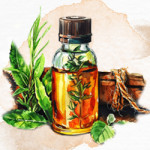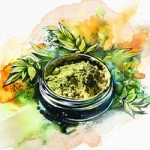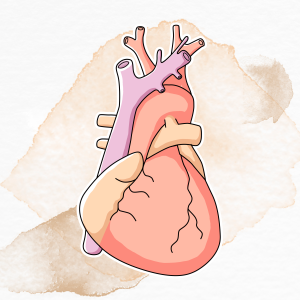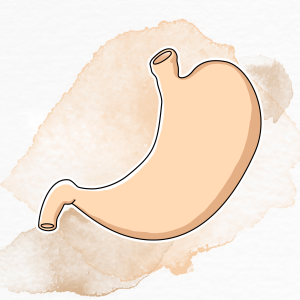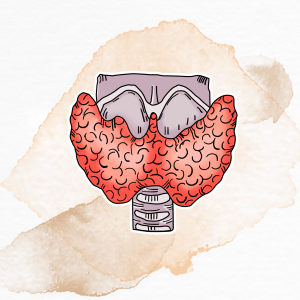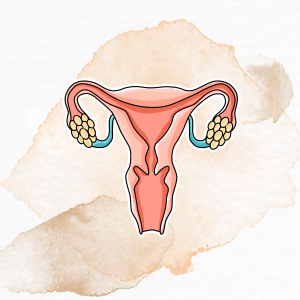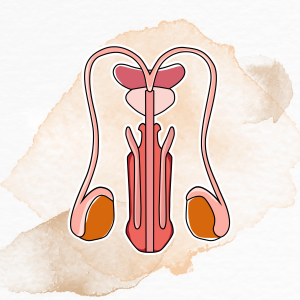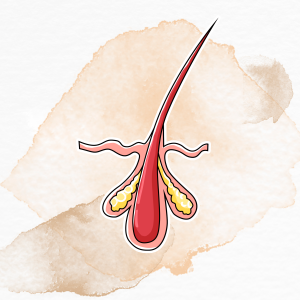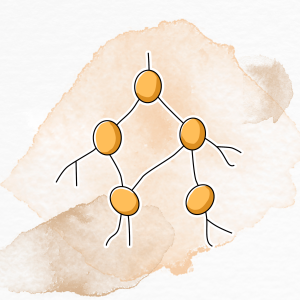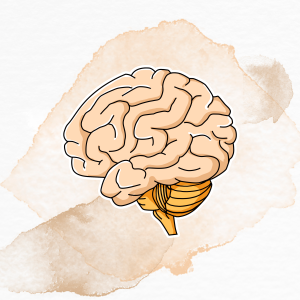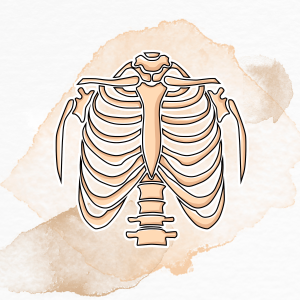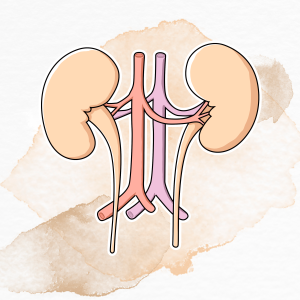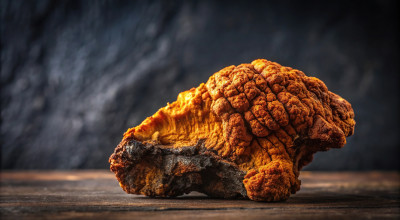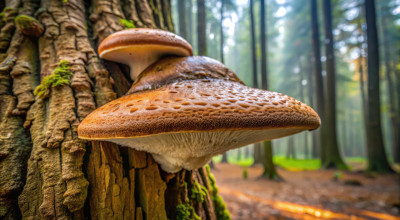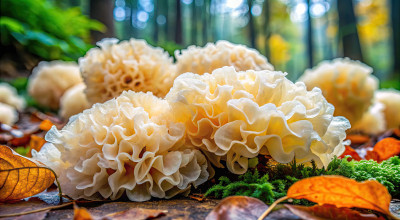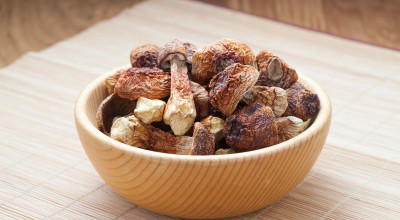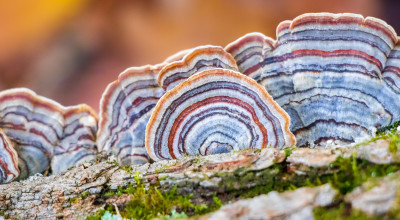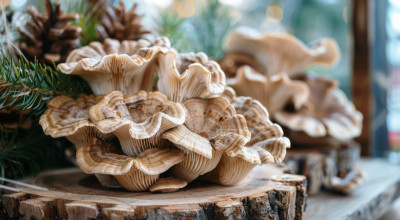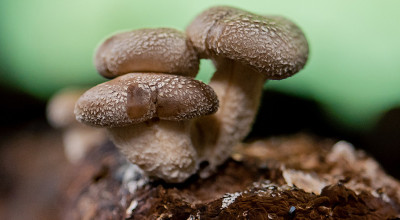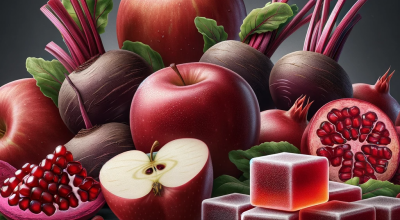0
1438
Botanical Characteristics
Poria Cocos, also known by its scientific name Wolfiporia extensa, is a type of fungus belonging to the family Polyporaceae..
0
2672
Botanical Characteristics
Chaga, scientifically known as Inonotus obliquus, is a unique fungus that primarily grows on birch trees. It is easily recog..
0
1760
Phellinus linteus, commonly known as Sanghuang, Meshimakobu, or Black Hoof Mushroom, is a medicinal fungus in the family Hymenochaetaceae. Recognized ..
0
1974
Botanical Characteristics
Tremella fuciformis, known as snow fungus or white jelly mushroom, is recognizable by its translucent, gelatinous, frond-lik..
0
1681
Botanical Characteristics
Agaricus blazei, also known as Himematsutake, Royal Sun Agaricus, or ABM mushroom, belongs to the Agaricaceae family. This m..
0
1712
Botanical Characteristics
Turkey Tail, scientifically known as Trametes versicolor, is a polypore mushroom characterized by its vibrant, fan-shaped c..
0
1395
Essential oils are highly concentrated volatile compounds extracted from whole plants or specific plant parts (sources can include wood resins, flower..
0
2223
Botanical Information
Maitake, scientifically known as Grifola frondosa, is a polypore mushroom that grows in clusters at the base of trees, particul..
0
2078
Botanical Characteristics
Shiitake mushrooms, scientifically known as Lentinula edodes, are distinguished by their umbrella-shaped caps that range in..
0
9541
Unveiling the Powerof Beetroot Gummies a Nutritional Marvel
In the realm of health and wellness, innovation is key. We're thrilled to introduce a gro..
Showing 1 to 10 of 10 (1 Pages)

